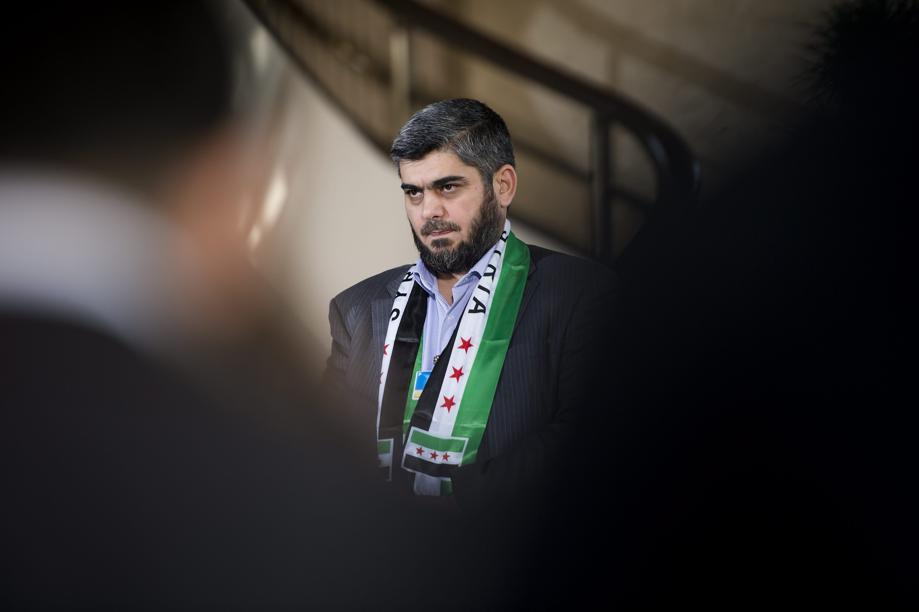
BEIRUT — An international plan to deliver aid to hundreds of thousands of people living in besieged areas of Syria appeared to be in peril on Monday with the deadline looming closer.
Doubts about the initiative, which is backed by the United Nations and involves airdrops of food and other humanitarian relief, have been growing since it elicited guarded praise initially.
Russia, the United States and other outside forces involved in Syria’s civil war agreed this month to begin airdrops on Wednesday if road convoys continued to be refused access.
The logistics of delivering food and medicine by parachute are extremely complex and unreliable, UN officials acknowledge. And diplomats and analysts say Syria’s government is unlikely to permit airdrops when it shows little sign of relenting on road convoys.
That risks a fight in the war-torn country’s crowded airspace. Already, warplanes from at least a dozen nations — including the United States and Russia — fly missions over Syria, though with differing aims.
The issue underscores the faltering efforts led by Washington and Moscow to halt a conflict that has killed more than 250,000 people and displaced millions.
‘‘We all know nothing will happen. This is just another meaningless red line,’’ said Mohammed Shihadeh, a resident of Darayya, a suburb of Damascus that has been under siege by progovernment fighters since 2012.
In a separate development, the chief opposition negotiator at now-stalled peace talks in Geneva announced his resignation this weekend.
In a statement released late Sunday, Mohammed Alloush described the talks as ‘‘absurd’’ and expressed doubts about whether they would restart. He has criticized the government for refusing to release prisoners and permit aid to reach besieged Syrians who are starving and deprived of lifesaving medical aid.
The announcement is another blow to the peace initiative, which is backed by the United States and Russia even though the two powers remain divided over the conflict. Moscow backs President Bashar Assad and Washington funds and arms his opposition, but they still brokered a partial cease-fire that came into effect in February.
Last month, the opposition delegation to the talks, known as the High Negotiations Committee, suspended its participation because of alleged government violations of the truce. Fighting has surged in recent weeks.
UN officials have expressed alarm at the conditions facing the more than 500,000 Syrians in besieged communities. Most of those people are surrounded by progovernment forces, which have received air support from Russia since late last year.
On Friday, UN humanitarian chief Stephen O’Brien criticized the Syrian government over the sieges.
O’Brien said the United Nations had asked the government to grant access to 35 convoys in May. Only 14 were given unhindered access, he said.
He said the ‘‘continued use of siege and starvation as a weapon of war is reprehensible.’’
This month, the government blocked a Darayya-bound humanitarian convoy supported by the United Nations and the International Committee of the Red Cross. Even if it had arrived, the town’s starving residents would not have received any food, apart from baby formula. The government, which initially gave the convoy permission, refused to let the trucks carry food.



